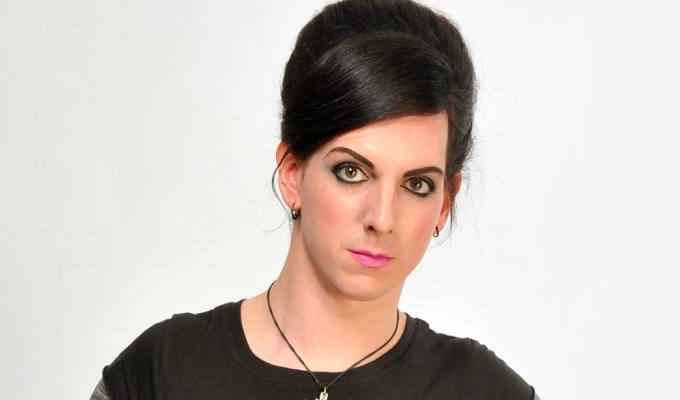Beyond a Fringe
Harry Deansway bemoans the festival's business ethos
It’s time to rename the Edinburgh Fringe. Having spent the last four weeks in Edinburgh, it is clear that anything but a fringe festival is taking place there.
The very nature of a fringe is that it is on the outer edges, and with a million people attending a festival featuring countless acts who are already signed up to management companies, are in development deals with production houses or have a presence on TV, what we have is a massive corporate comedy festival. To refer to it as a fringe is nothing more than a marketing gimmick akin to selling chocolate as solidified fairy shit.
So how has the Fringe found itself in this position? You just need to have a look at the roll-call of famous comedians who have made a name for themselves through the Fringe to see why hundreds of acts flock to Scotland every year. From Michael Palin and Terry Jones in the Oxford Revue through Rowan Atkinson, Stephen Fry and more recently the Mighty Boosh and Flight of The Conchords, anyone who is anyone in UK comedy has started in Edinburgh.
The problem now is that with the overhanging spectre of previous success, many acts head to the Fringe for the wrong reasons. Once a comedian might have gone to the festival with a show they loved, for three weeks of stage time to find an audience, now it will be purely to get a TV show or an agent, with the show just an ill-planned-out after-thought. The acts who have a coherent show are few and far between.
With so much hinging on success at Edinburgh, a lot of the fun has been taken away from the festival. And how are you supposed to have fun when the majority of acts will be losing upwards of £3,000 on their shot at the big time what with venue hire, accommodation and PR and marketing?
At the rotten core of the current incarnation of the ‘fringe’ is the newly renamed Foster’s comedy award perceived as one of, if not the biggest award in comedy. It’s been around for 30 years and you can see that pretty much anyone that has a career in the industry has won or been nominated for the award.
Split into three catergories the spirit of the fringe, the best newcomer and the main award the prizes include a cash prize, thousands of pounds worth of publicity and a run at a major London theatre (owned by awards prducer Nica Burns).
Such power to launch a career was badly abused this year, with a main awards shortlist that included eventual winner Russell Kane (co-host of I’m A Celebrity… Get Me Out Of Here Now), Greg Davies (Star of The Inbetweeners and We Are Klang), Sarah Millican (about to release a stand up DVD with Channel 4), Bo Burnham (59 million YouTube hits and signed up for the new Judd Aptow film), Josie Long (toured the world and has written and appeared in hit channel 4 show Skins). It’s not to say that these were not some of the best shows at the Fringe – Greg Davies and Bo Burnham certainly were – but you could hardly describe any of these acts as being on the fringe of comedy. Don’t the awards have a responsibility to give something back to the acts who give so much to the festival?
Instead with this list all they have served to do is increase the booking and TV appearance fees for acts who are already well established. You can say that the best newcomer award is there to highlight the acts on the fringes, but a cursory look at that list reveals that 75 per cent of the nominees already have a promoter and manager behind them.
When you look at the panel who selected the nominees, like the acts on the main shortlist, none of them are on the fringe of the comedy industry. Made up of journalists from all the major broadsheets, the head of BBC radio comedy, the commissioning editor for comedy at Channel 4 and two major festival directors, it’s not surprising that the more established acts ended up making the list, while great acts who are genuinely on the fringe of comedy, like Nick Helm, Dr Brown and Toby didn’t get a look-in.
This year, household names like John Bishop played a 1,000-seat venue, management agencies threw thousands of pounds at moulding the careers of their acts and the BBC sold out a daily live night by spending thousands of pounds on marketing. What was once a small arts festival for acts to learn their craft is now, in the main, a soulless comedy conveyer-belt where acts are pitted against each other in a corporate sponsored competition that ultimately allows the existing establishment to pat itself on the back.
All this is fine. As the old adage goes it’s show ‘business’ and the festival is a great place to launch a career. But somewhere in all this, the show has been overtaken by the business – and that’s why to continue to refer to the festival as a fringe is just a lie.
Published: 3 Sep 2010






